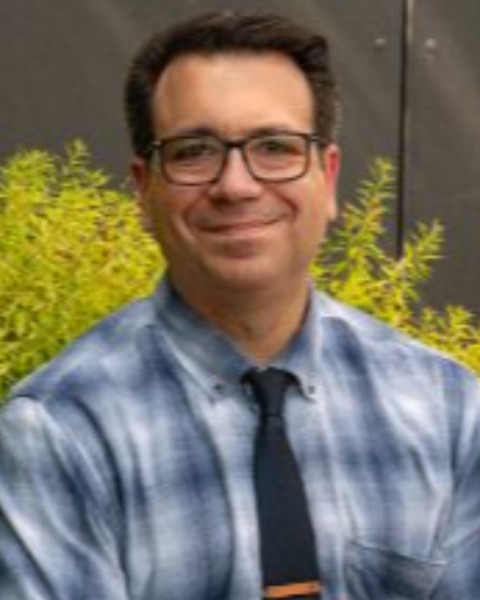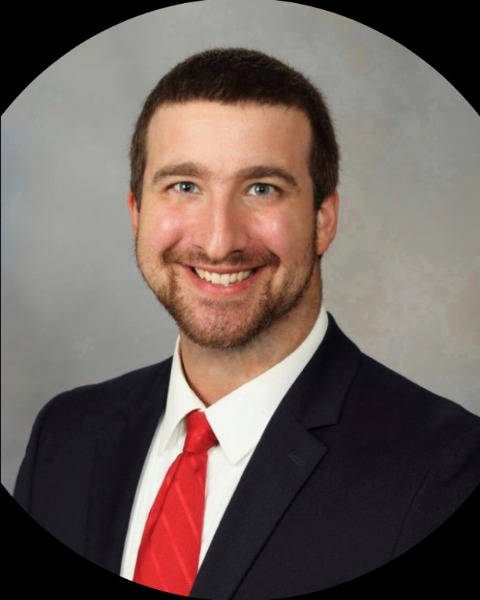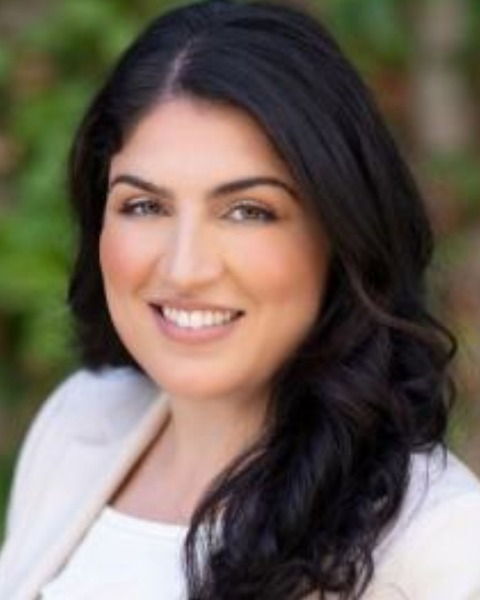Live Workshops
Training/Education/Career Development
Mentorship Across the Professional Lifespan of the C-L Psychiatrist
- CE
Carrie L. Ernst, MD (she/her/hers)
Director, CL Psychiatry Fellowship, Mount Sinai Hospital
Icahn School of Medicine at Mount Sinai
New York, New York 
Nicholas Kontos, MD, FACLP
Director of Fellowship in Consultation-Liaison Psychiatry
Massachusetts General Hospital
Lexington, Massachusetts- IK
Inder Kalra, MD
Medical Director of Neuropsychiatry
Einstein Jefferson Healthcare Network
Elkins Park, Pennsylvania 
David Fipps, DO (he/him/his)
Assistant professor of Psychiatry
Mayo clinic
Rochester, Minnesota
Sheila Lahijani, MD, FACLP
Associate Clinical Professor
Stanford University School of Medicine
Palo Alto, California
Lead Speaker(s)
Speaker(s)
Background Needs of the academic psychiatrist vary by career stage, and mentorship is critical to meet the challenges across all stages. There has been little exploration of mentorship across the academic lifespan within Consultation-Liaison Psychiatry (CLP), but informal surveys suggest that large gaps exist for mid and later-career individuals. Although formal evidence regarding outcomes of mentorship is limited, benefits include enhanced career guidance, retention in academia and increased sense of support. Mentorship may be especially important for helping those from diverse backgrounds affirm identity and capabilities. A developmental approach can be utilized to best identify the tasks for each career stage and tailor the goals of mentorship appropriately. Junior trainees are identifying interests and honing basic competencies, while fellows and early-career faculty require the foundational knowledge, skills, and awareness of institutional culture to launch their clinical and academic careers. Mid-career faculty need support in transitioning to leadership roles, developing areas of expertise and balancing personal and professional responsibilities. Senior-career faculty benefit from guidance in creating a legacy or impact and continuing to find professional fulfillment. Approach This session, sponsored by the ACLP Mentorship Subcommittee, will examine tasks and strategies for mentorship across the academic CL psychiatrist’s professional lifespan. Mentorship needs, roles and approaches at each career stage will be reviewed, and shared developmental tasks and themes across career stages will be highlighted. Particular attention will be paid to mentorship gaps for mid and later career individuals and mentees from diverse backgrounds. Attendees will learn innovative mentorship approaches, including curricula, social media, and near-peer initiatives, and explore how these approaches may support trainees and faculty as well as increase recruitment and retention within CLP. Format Dr. Carrie Ernst will review the literature regarding approaches to mentorship at different career stages and present a developmental approach to understanding challenges that an academic CL psychiatrist must negotiate at each stage (10 min). Dr. Nicholas Kontos will discuss mentorship needs of trainees and early career psychiatrists, introducing curricular approaches to working with this group (15 min). Dr. Sheila Lahijani will review gaps and opportunities for mid and senior-career faculty, highlighting the utility of near peer and peer mentorship approaches (15 min). Participants will work together in small groups to apply these frameworks to cases inspired by real-world mentorship scenarios from the CLP setting. A facilitated large group discussion will provide an opportunity to design mentorship strategies for individuals at different career stages (25 mins). Dr. David Fipps will discuss the use of social media as a tool to enhance networking and mentorship (10 min). Dr. Inder Kalra will present ACLP’s reimagined approach to mentorship across the professional developmental continuum (10 min). The session will conclude with a commitment to change exercise in which participants consider ways to address mentorship gaps within their own institutions (5 min). Teshima J, McKean AJS, Myint MT, et al. Developmental Approaches to Faculty Development. Psychiatr Clin North Am. 2019 Sep;42(3):375-387 Hazzard WR. Mentoring across the professional lifespan in academic geriatrics. J Am Geriatr Soc. 1999 Dec;47(12):1466-70.
ReferencesLearning Objectives:

